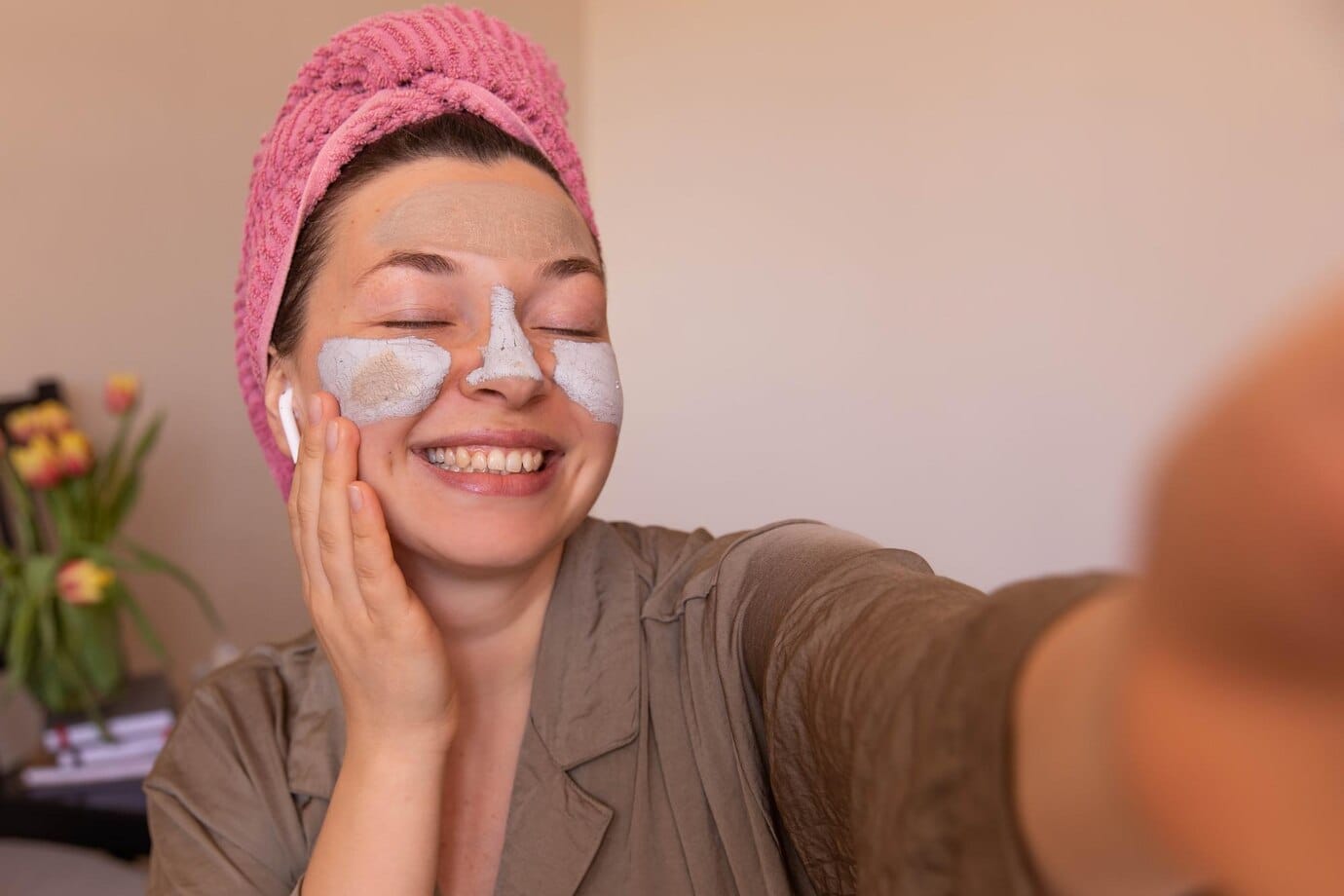As a leading total solution provider in health supplement manufacturing and cosmetic OEM product creation, we are at the forefront of the latest trends and innovations in the beauty and wellness industries. In recent years, the role of probiotics in skincare has emerged as a major point of interest, presenting exciting possibilities for the future of cosmetic formulations. As the skincare industry evolves, so do consumer demands, with a growing focus on maintaining a balanced skin microbiome and harnessing the benefits of probiotics to achieve optimal skin health.
The skin microbiome is a complex ecosystem of microorganisms, including bacteria, fungi, and viruses, that play a critical role in the overall health and appearance of the skin. An imbalance in this delicate ecosystem can lead to various skin problems, such as acne, sensitivity, and dryness. Probiotics, or beneficial bacteria, help maintain a balanced skin microbiome by supporting the growth of helpful microorganisms, enhancing the skin’s natural defenses, and modulating inflammation.
In the world of cosmetics, probiotics offer a multitude of benefits, ranging from improved skin barrier function to increased hydration and reduced redness. Harnessing the potential of probiotics in skincare formulations requires a deep understanding of the skin microbiome, careful ingredient selection, and advanced formulation strategies.
1. Key Functions of Probiotics in Skincare
Probiotics play a vital role in promoting skin health by supporting a balanced skin microbiome. Some of their primary functions include the following:
- Reinforcing the skin barrier: Probiotics help strengthen the skin’s protective barrier, locking in moisture and preventing the penetration of irritants and harmful microorganisms.
- Calming inflammation: By modulating the skin’s immune response, probiotics can help reduce redness and inflammation associated with conditions such as acne, rosacea, and sensitive skin.
- Antimicrobial activity: Certain strains of probiotics can produce antimicrobial compounds, inhibiting the growth of harmful bacteria and helping to prevent breakouts and other skin issues.
2. Types of Probiotic Ingredients in Cosmetic Formulations
The world of probiotics is vast and diverse, with several different types of ingredients being utilized in skincare products:
- Live probiotics: Cosmetic formulations may include live bacteria strains known for their skin-friendly properties. However, the use of live probiotics poses challenges in terms of stability and shelf life.
- Lysates: Lysates are the cellular components obtained from lysed probiotic bacteria. These ingredients offer some of the benefits of live probiotics without the stability concerns, making them an attractive option for many skincare products.
- Postbiotics: Postbiotics are the metabolic byproducts of probiotic bacteria, such as enzymes, peptides, and organic acids. These ingredients can provide skin benefits, such as exfoliation and hydration, without the need for live bacteria.
3. Formulation Challenges and Tips for Incorporating Probiotics in Skincare
Successfully integrating probiotics into skincare products can be complex. It’s crucial to consider the following factors:
- Stability: Probiotics, particularly live bacteria, may be sensitive to factors such as temperature, light, and pH, making product formulation and shelf life a challenge. Working with experienced formulators can help mitigate these concerns.
- Compatibility: Ensuring that probiotics remain compatible with other ingredients in a skincare formulation is essential for efficacy. This may require careful consideration of ingredient interactions and formulation strategies.
- Concentration and delivery: Determining the optimal concentration of probiotic ingredients and the most effective delivery mechanism is key to maximizing the benefits they can offer.
4. Trends and Innovations in Probiotic Skincare in 2024
As the market for probiotic skincare continues to evolve, several notable trends and innovations are emerging:
- Personalized probiotic skincare: As consumers become increasingly interested in customized beauty solutions, personalized probiotic skincare products that target specific skin concerns and microbiome profiles are gaining traction.
- Focus on prebiotics: Prebiotics, ingredients that help support the growth of beneficial bacteria, are increasingly being paired with probiotics to enhance their effects on skin health and support a balanced microbiome.
- Research-driven product development: Ongoing advancements in the understanding of the skin microbiome and the role of probiotics are driving the development of innovative, research-backed skincare products with more targeted and effective benefits.
5. Ethical and Sustainability Considerations in Probiotic Skincare
In addition to their scientific and cosmetic benefits, the ethical and sustainability aspects of probiotics in skincare are becoming increasingly significant factors for consumers and brands alike.
- Environmental Impact: The sourcing and production of probiotic ingredients can have environmental implications. Ethical brands are increasingly prioritizing sustainable practices, such as using renewable energy sources, reducing water consumption, and minimizing carbon footprints during manufacturing processes.
- Animal Welfare: Some probiotic strains traditionally used in skincare formulations may involve animal testing or animal-derived ingredients. In response to growing consumer awareness and demand for cruelty-free products, many brands are seeking alternatives and adopting cruelty-free practices in their product development.
- Transparency and Consumer Trust: As consumers become more informed about the ingredients in their skincare products, transparency regarding the sourcing, manufacturing, and ethical practices surrounding probiotics is crucial. Brands that prioritize transparency build trust with their customers and demonstrate their commitment to ethical standards.
- Social Responsibility: Beyond environmental and animal welfare considerations, ethical skincare brands are also focusing on social responsibility. This includes fair labor practices, supporting local communities, and ensuring ethical supply chain management.
Embracing Probiotics in Skincare for Healthy, Glowing Skin
The potential of probiotics in skincare is undeniable, offering an exciting opportunity for cosmetic brands to innovate and meet growing consumer demands for products that support a healthy skin microbiome. To successfully incorporate probiotics into skincare formulations, it’s vital to work with experts who understand the complexities of these ingredients, their functions, and their formulation challenges.
As your trusted partner in health supplement manufacturing and cosmetic OEM product creation, ORiBionature, a premier cosmetic manufacturer in Malaysia, can unleash the power of probiotics in your skincare line. Contact us today to explore how we can empower your brand’s quest for healthy, radiant, and harmonized skin solutions.

